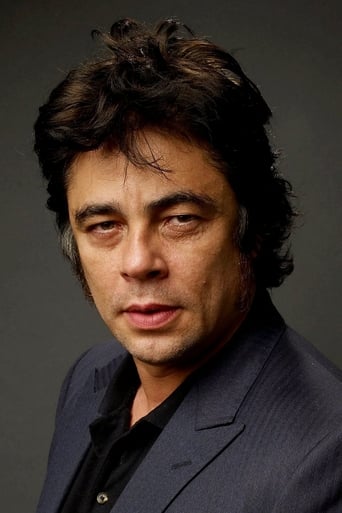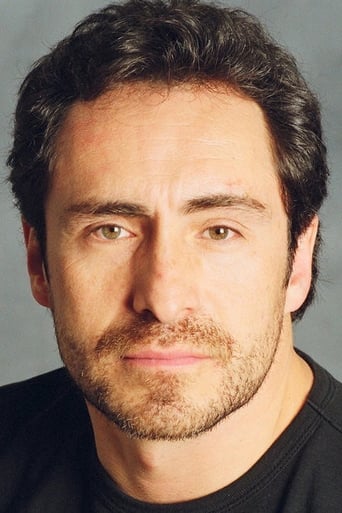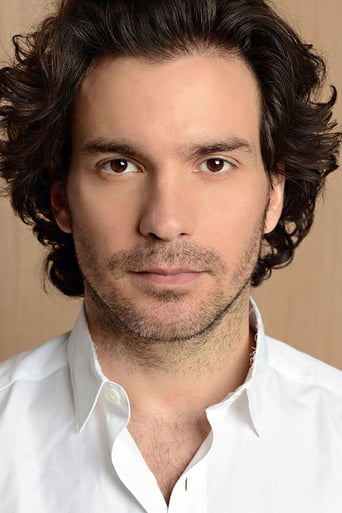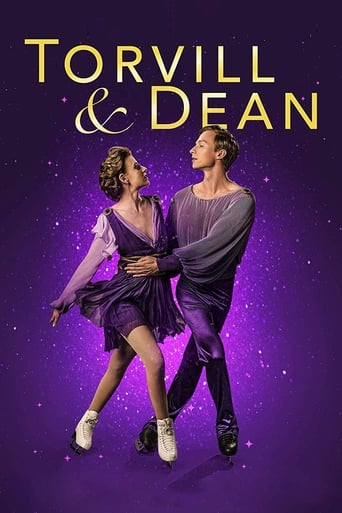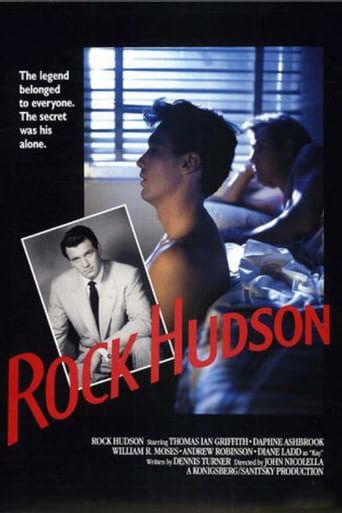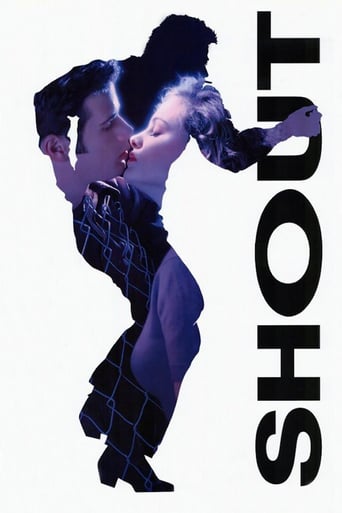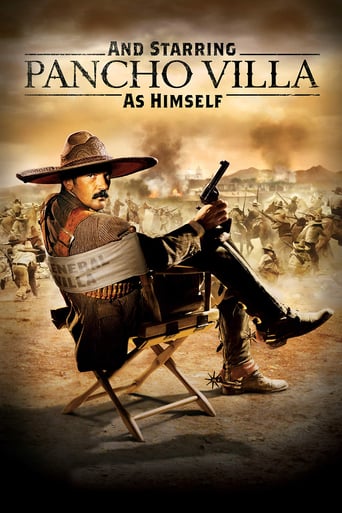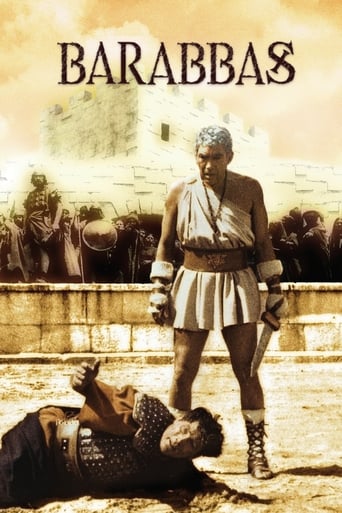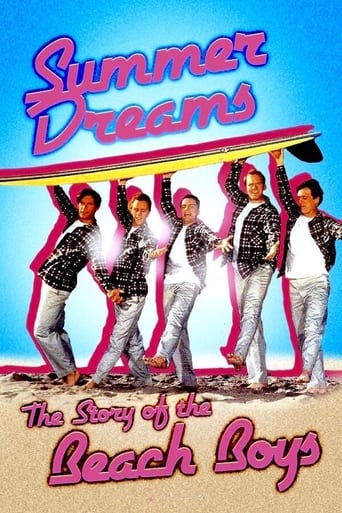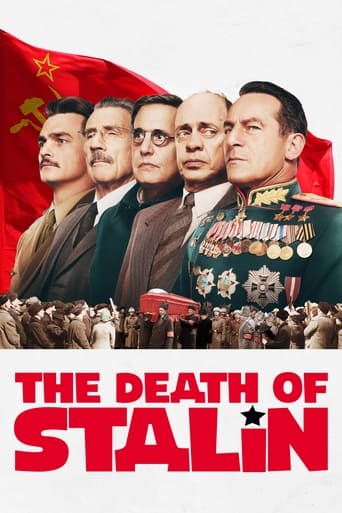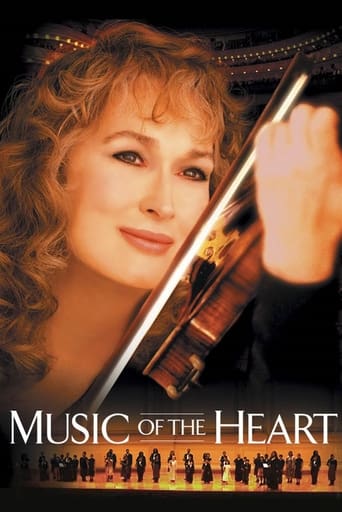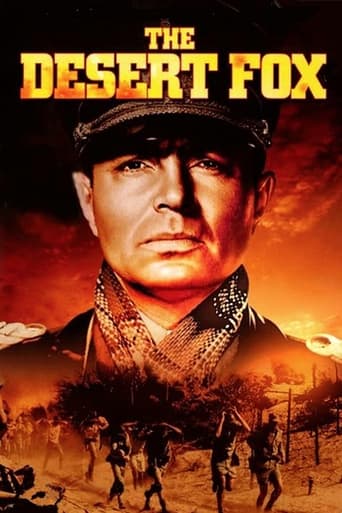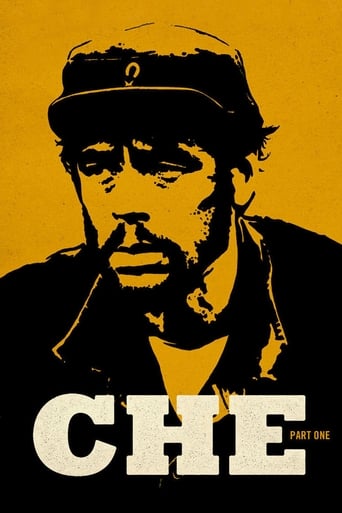

Che: Part One (2008)
The Argentine, begins as Che and a band of Cuban exiles (led by Fidel Castro) reach the Cuban shore from Mexico in 1956. Within two years, they mobilized popular support and an army and toppled the U.S.-friendly regime of dictator Fulgencio Batista.
Watch Trailer
Cast


Similar titles
Reviews
This movie is a one sided whitewash that portrays Che Guevara as some Christ like figure. Its a terrible insult to anyone who lost friends or relatives in Castro's concentration camps at the hands of Guevara. The reviewer who gave it 5 stars should go read a history book.Here are some actual quotes from the beneficent Che that didn't make the movie:"What we affirm is that we must proceed along the path of liberation even if this costs millions of atomic victims." (Referring to Soviet atomic missiles pointed at the US.)"We must eliminate all newspapers; we cannot make a revolution with free press.""Hatred as an element of the struggle; a relentless hatred of the enemy, impelling us over and beyond the natural limitations that man is heir to and transforming him into an effective, violent, selective, and cold killing machine. Our soldiers must be thus; a people without hatred cannot vanquish a brutal enemy."Clearly Che would've made a fine Nazi. What's next Soderbergh? a biopic about the happy art lover Hermann Goering?It's disgraceful not to mention dangerous when violent murderous people are celebrated.
It helps to know that this was originally brought to life as a Terrence Malick screenplay about Che's disastrous forray in Bolivia. Financing fell through and Soderbergh stepped in to direct. He conceived a first part and shot both back to back as one film trailing Che's rise and fall.He retained however what I believe would be Malick's approach: no politics and a just visual poem about the man behind the image, exhaustive as the horrible slog through Cuban jungles and windswept Andean plateaus must have been. Malick applied this to his New World that he abandoned Che for, lyrical many times over.But Soderbergh being an ambitious filmmaker, he puzzled over this a little more. Here was a man of action at the center of many narratives about him, some fashioned by himself, conflictingly reported as iconic revolutionary or terrorist, charismatic leader or ruthless thug, erudite Marxist thinker or brutal soldier.So how to visually exemplify this contradicting ethos as our film about him? And how to arrange a world around this person in such a way as to absorb him whole, unfettered from narrative - but writing it as he goes along - off camera - but ironically on - and as part of that world where narratives are devised to explain him. As flesh and bones, opposed to a cutout from a history book.One way to do this, would be via Brecht and artifice. The Korda photograph would reveal lots, how we know people from images, how we build narratives from them. Eisenstein sought the same in a deeper way, coming up with what he termed the 'dialectical montage': a world assembled by the eye, and in such ways as the eye aspires to create it.So what Soderbergh does, is everything by halves: a dialectic between two films trailing opposite sides of struggle, glory and failure, optimism and despair. Two visual palettes, two points of view in the first film, one in the presence of cameras hoping to capture the real person, the other were that image was being forged in action.The problem, is of course that Brecht and Eisenstein made art in the hope to change the world, to awaken consciousness, Marxist art with its trappings. By now we have grown disillusioned with the idea, and Soderbergh makes no case and addresses no present struggles.But we still have the cinematic essay about all this.The first part: a narrative broadcast from real life, meant to reveal purpose, ends, revolution. The second part: we get to note in passing a life that is infinitely more expansive than any story would explain, more complex, beautiful, frustrating, and devoid of any apparent purpose other than what we choose as our struggle, truly a guerilla life.I imagine a tremendous film from these notions. Just notice the remarkable way Part 2 opens. Che arrives at Bolivia in disguise, having shed self and popular image. No longer minister, spokesman, diplomat, guerilla, he is an ordinary man lying on a hotel bed, one among many tourists. Life could be anything once more, holds endless possibility. Cessation.What does he do? He begins to fashion the same narrative as before, revolution again. Chimera this time. Transient life foils him in Bolivia. Instead of changing the world once more, he leaves behind a story of dying for it. We have a story about it as our film, adding to the rest.
This movie follows the beginning of the relationship between Ernesto "Che" Guevara and Fidel Castro as they head to Cuba to begin the revolution. Finding the history of this relationship fascinating, I had very high hopes for the film. Unfortunately it did not meet my expectations. Though I felt that the movie was accurate historically the presentation was lacking. The acting in Soderbergh's Che: The Argentine (Part One) is stilted at best and often feels very forced, especially whenever Che has one of his many (very many) asthma attacks. The movie progressed extremely slowly and the majority of it was spent trekking through the bush or slogging through marshes. The Argentine is difficult to watch and boring. The scenes of Che's time in New York meeting the social elite and doing interviews were very well done and filming in black and white was a nice aesthetic touch. These scenes were interspersed with asthma attacks, long waits in the underbrush and trudging through mud and rain and this made it hard to keep up with what was happening in both 'worlds'.
This troubled production really isn't a bad one to watch but it's a bit of a distant and hard one to watch, due to its overall approach of its story and subject.This must have been a bit of a dream-project for director Steven Soderbergh a the time, fore he really pushed for shooting and finishing this movie, without the backing of any big studios or rich producers. At the time the movie(s) was finished, nobody was interested in distributing it, despite having Soderbergh's and Benicio Del Toro's names attached to it. It therefore also never really got a decent wide release at the theaters and financially turned into a big disappointment, even after cutting the movie into two different separate ones and releasing them shortly after each other. The buzz for this movie however always had been quite good, though lots of people had also already pointed out from the beginning how heavily flawed the movie is. And yes, while this is definitely being a well made movie, it's definitely not a movie that is without its flows.It's being a very fragmentary film, with some very fragmentary storytelling. This means that literally in the one scene we have a couple of guys talking in the jungle, the next scene a different group is in a fire fight and the next scene everybody is sitting around at a camp. So the scene's don't necessarily directly connect with each other. The entire movie is basically being like this and it even switches back and forth in time as well, with the story of Che fighting at Cuba and the story of Che talking at the UN convention in New York, many years later. This style of film-making really isn't that uncommon of course but I'm not always a big fan of it. This movie definitely didn't benefited much from it. Watching this actually made me wish Oliver Stone would had directed this. His style of film-making seemed far more suiting for the story and its main subject.I can't really say that this is being a biopic of Che Guevara. The movie really doesn't give any insights concerning its main character and it certainly doesn't give him any background or clear motivations why he's so much involved with the Cuban revolution. The movie basically more or less assumes that the viewers already knows lots of things about the character and the Cuban revolution in general. In doesn't really ever go in depth with any of its things, which makes this a bit of a distant and less involving movie to watch.This are basically the downsides of the movie, while the movie of course also has plenty of positive things to say about it in it. Fact remains that this is a well made movie, that is good looking, despite of its restrained budget.I was also pleasantly surprised by Benicio Del Toro. Yes, I already knew he was a great actor but I never thought he would be capable of portraying a real life person, because he has such an unique and distinctive look of his own. But in this movie he simply turns easily into Che Guevara, without making it ever distracting.Despite its flaws this movie is still good enough to keep me interested- and wanting me to see part two.7/10http://bobafett1138.blogspot.com/


